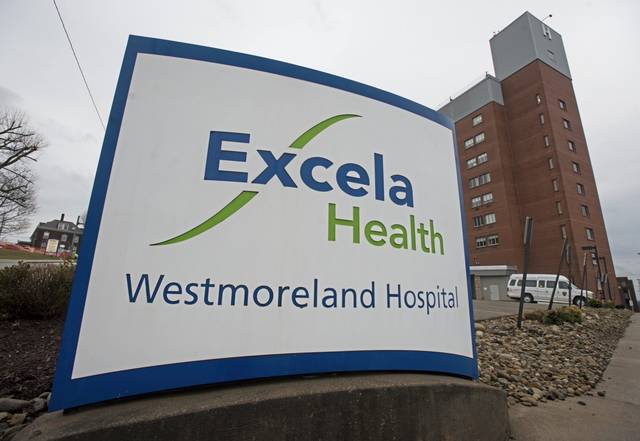Are hospitals becoming the new malls?
Just like retail has evolved, getting out of the big, glassy, glitzy shopping centers and into the phone in your pocket, it seems like medicine is likewise morphing into something else. And also like retail, it’s taking its toll on the old way of doing business.
The upheaval at Excela Health seems to be yet another example of that. On Friday, the hospital announced its top two executives were out the door, and this week the Tribune-Review reported financial problems and the outsourcing of a large chunk of Excela’s business operations.
Years ago, a hospital was your one-stop shop for all your medical needs — a kind of health care department store. X-rays? Emergencies? Blood work? Inpatient surgery? Outpatient procedures? No matter what you were doing, it probably happened in a hospital.
Now it’s not just one location and one provider. Dialysis here. Testing there. Physical therapy somewhere else. Same-day surgeries and urgent care elsewhere.
“The delivery of health care has rapidly changed from acute settings to more ambulatory and home settings that are less expensive and more convenient for patients,” Excela spokeswoman Robin Jennings wrote in an email to the Trib.
And where you have competition between a number of health systems — as Excela does with UPMC and Allegheny Health Network — it becomes even more complicated. While those two giants arm-wrestle for the largest shares of the pie, Excela has been posting losses and seeing its bonds downgraded from stable to negative.
Hospitals are a vital part of our communities and critical to our health care. No matter how the medical industry changes, their role has to be preserved, even if that means other things spin off or are outsourced.
What we can’t forget is that patients aren’t shoppers. The relationship is more personal and symbiotic and carries a responsibility. The 350,000 or so people who rely on Excela are committed and loyal, and they deserve to be a priority to the health system.
Malls can close, but hospitals have to find a way to push through; they can’t be allowed to become vacant ghosts of the way medicine used to be.








